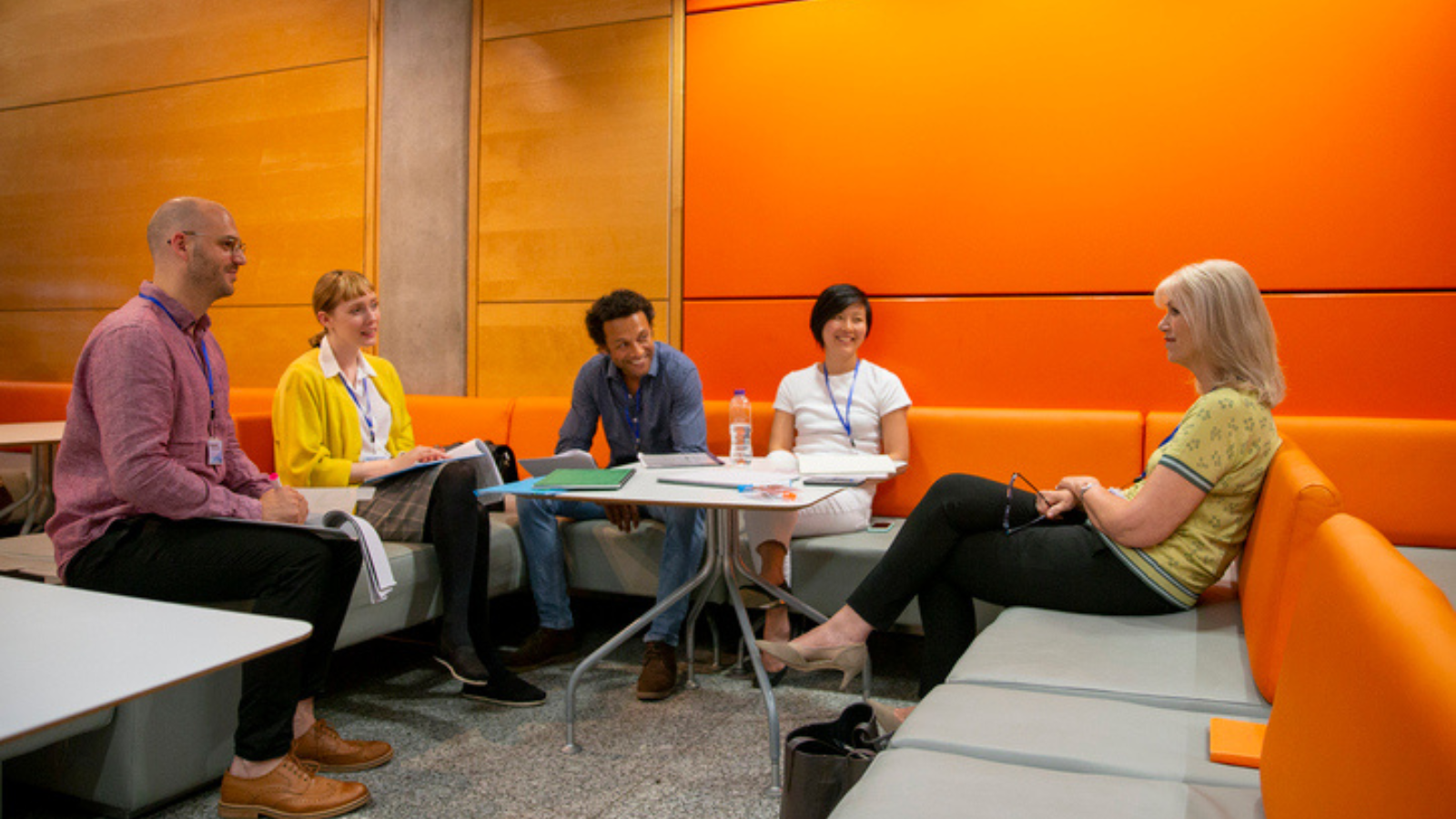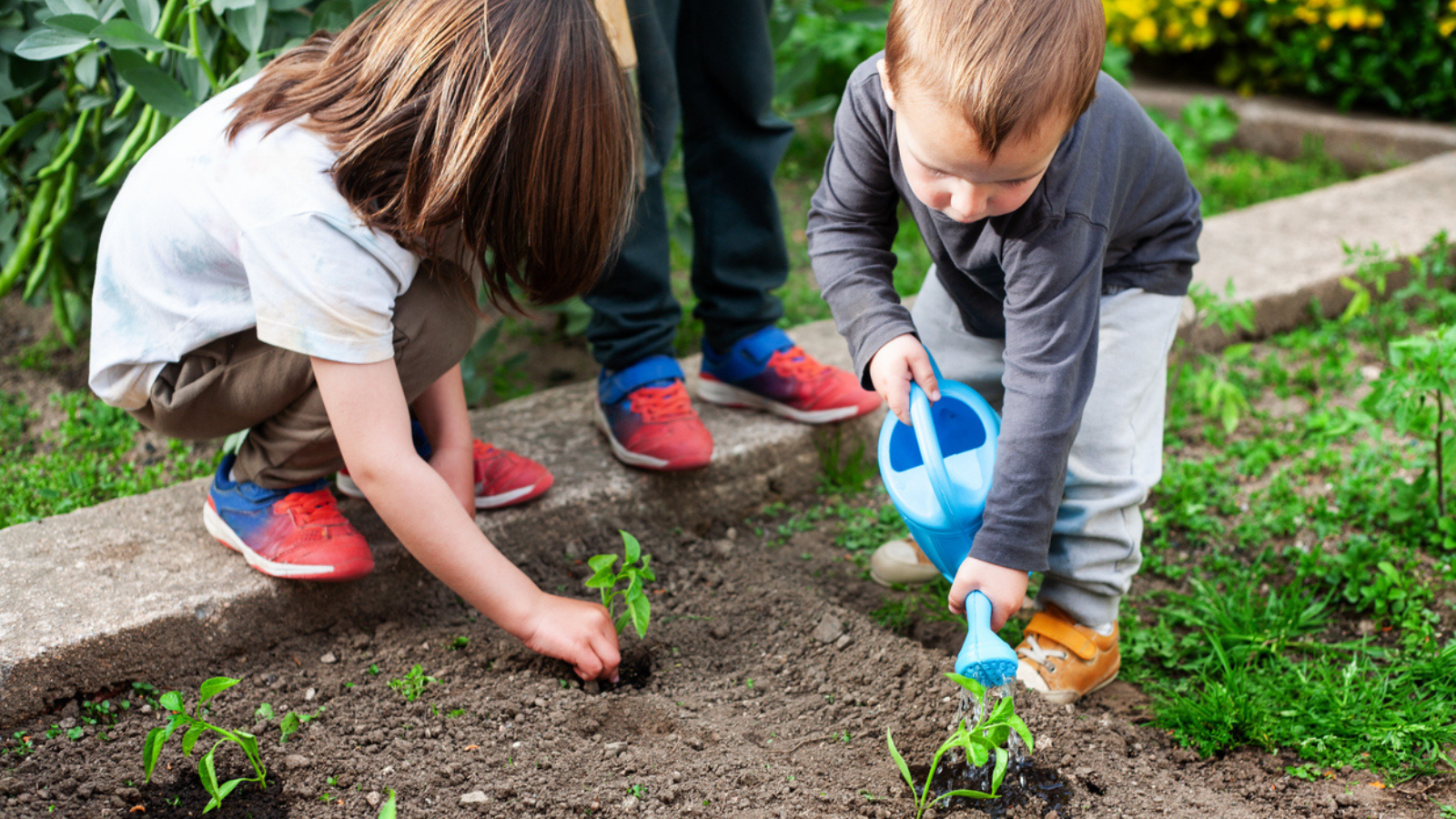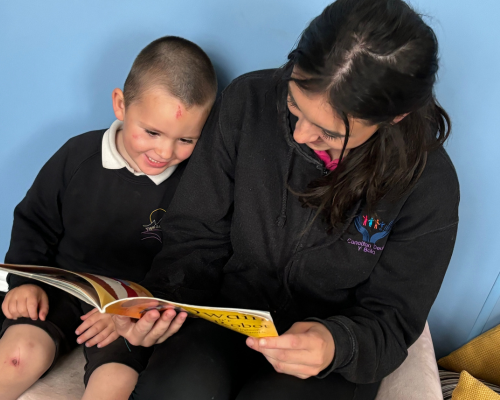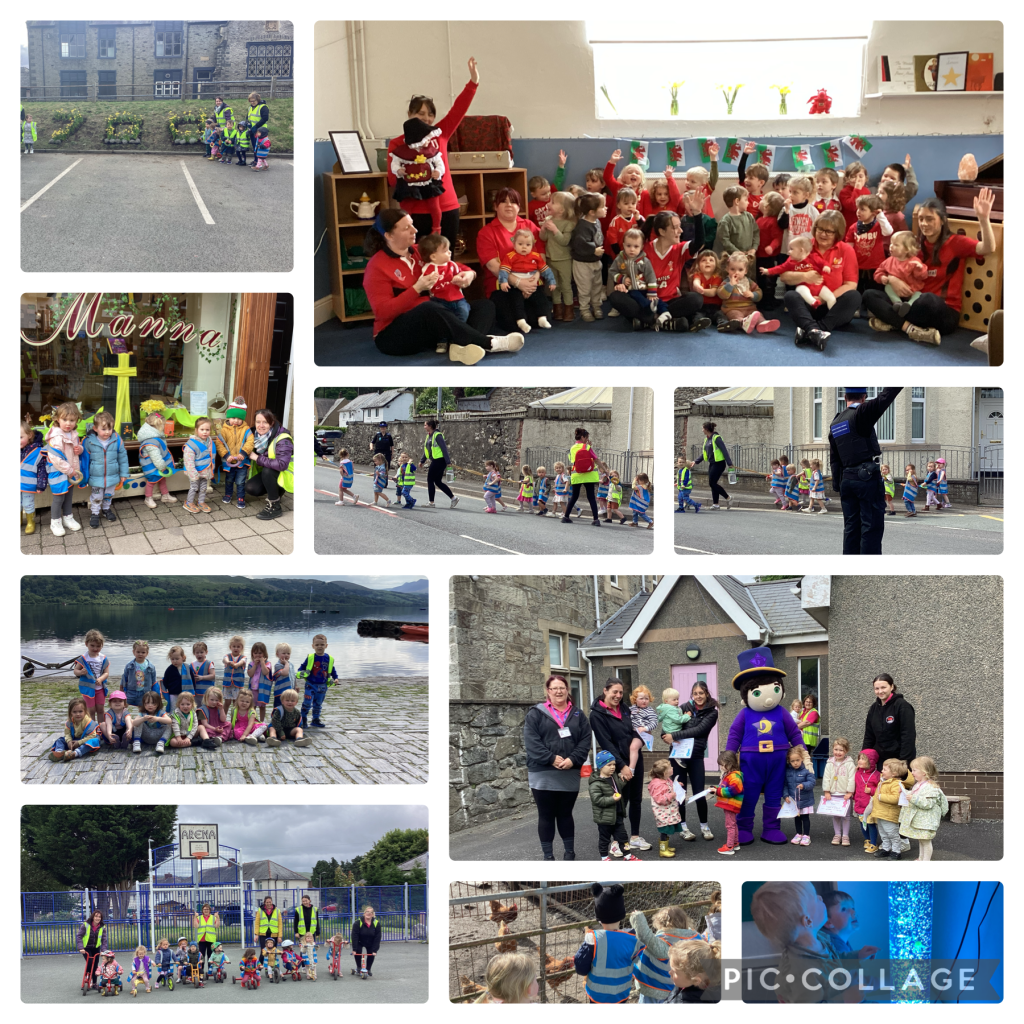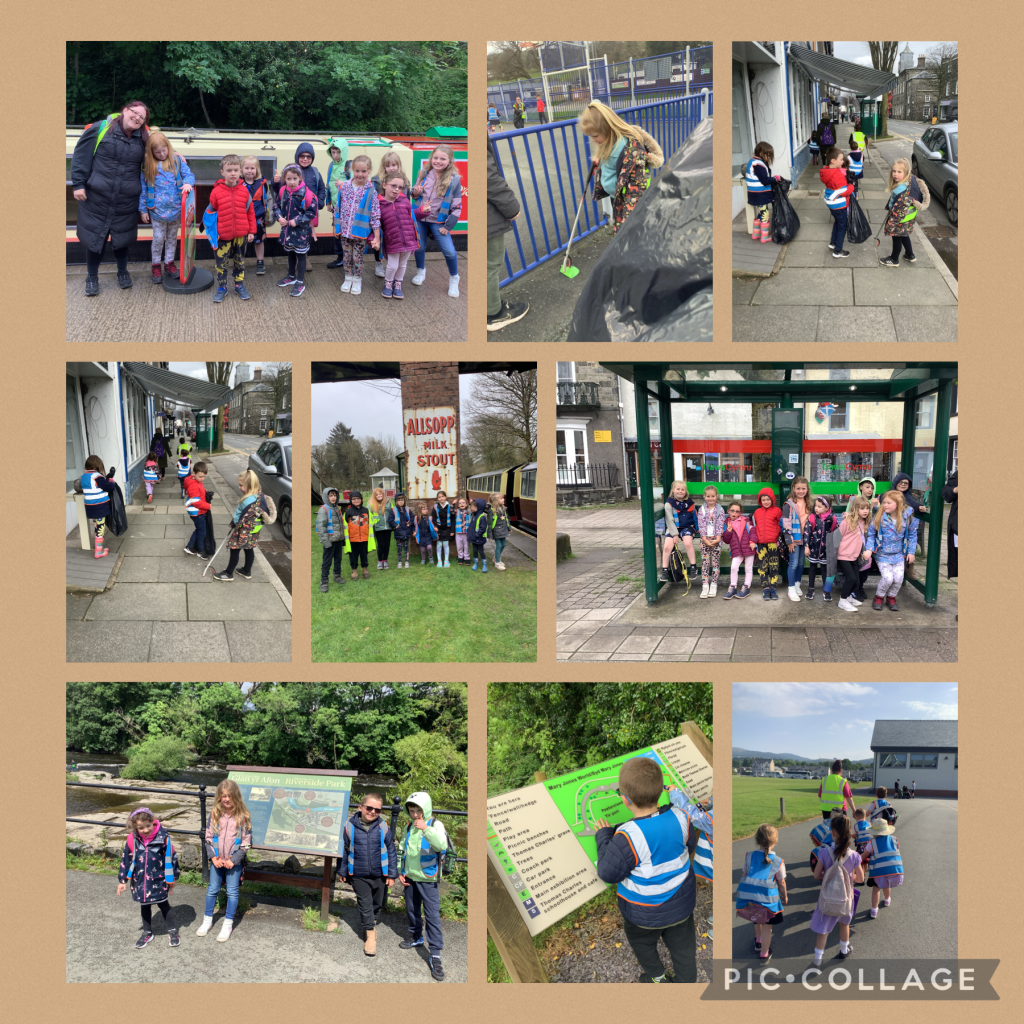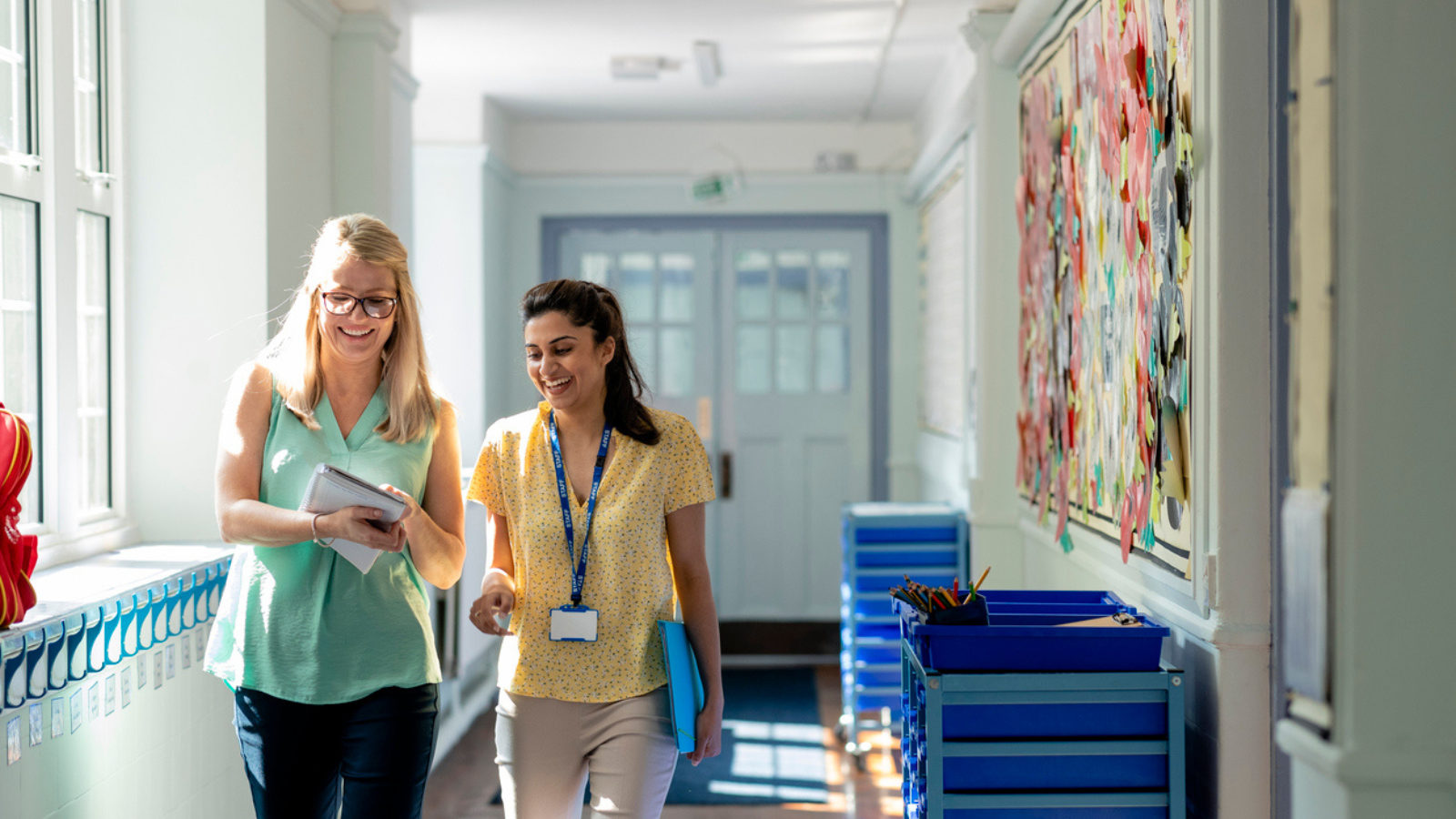Improvement Resource Type: Effective Practice

Information about the setting
Tiggy’s Day Care has been open since July 2020 and is an extension of a sister nursery Tiggywinkles Day Nursery that has been running for 30 years. It offers full day care, education places, wrap around, flying start, breakfast club and afterschool club. It is registered for 30 children per day aged 2-12 years old. It is based in the grounds of a primary school, with good links ensuring a smooth transition for children. It is an English medium setting but also uses a great deal of Welsh with the children.
Context and background to the effective or innovative practice
The setting’s observation and planning process has developed from attending four purpose training / seize the season and then onto the new curriculum. In the past, observations were focused on a child’s development and planning was completed in advance. This changed as practitioners responded to the requirements of the Curriculum for Funded Non-Maintained settings. ‘Mind Mapping’ planning continued around the seasons. A new template for observations was created to support planning. Staff now use an approach based on opportunities to ‘Notice’, ‘Analyse’ and ‘Respond’. This process allows them to extend the children’s experiences and interests and ensure progression in learning through planning for children’s individual needs and abilities.
Description of nature of strategy or activity
All practitioners complete effective observations to support and inform planning that has an impact on the children’s learning. Children’s development is supported individually or within groups by reviewing observations and having regular informal discussions about children’s progress. Practitioners assess the needs and interests of children and use the information to inform future planning to meet the needs of the individual child or a group of children.
The lead staff member reviews observations approximately every fortnight to support the planning process. Reviewing observations also allows us to notice if there are next steps we need to take for particular children. This may be to revisit and refine a particular aspect or skill, to deepen their understanding or to extend their learning. All staff are aware of what each individual child needs in terms of support or challenge to enhance their development. Staff use observations and respond by making best use of teachable moments and/or planning future learning experiences. These can take place on that day, the following day or even a week later using ‘Notice’, ‘Analyse’, and ‘Respond’. This process is used naturally throughout the work. For example, when children were using the tools from the block area to fix the cupboards in the home corner, a staff member asked questions about what they were doing and gave responses such as ‘I wonder if ….’ This led to the children finding other resources they could use to fix ‘the leak’. Staff went on to write up a detailed and useful observation on what they had observed. This led to a discussion between the staff on how they would respond to this interest and how to extend the learning. Notes were added to the main planning board ready for the staff to set up engaging learning experiences for the children, which took place the following week.
What impact has this work had on provision and children’s standards?
Provision is always well resourced and does not always stay the same. Practitioners develop the areas following the children’s interests, abilities and needs. This is done following staff discussions of children’s observations.
Staff have become confident in using effective questioning during adult-child interactions to support the children’s learning and development. Children are very engaged in their play and learning opportunities as their needs and interests are consistently met. Children are very independent within the setting. The ongoing observations highlight the great progress children make over time. This is apparent when practitioners look back at their initial assessments.
How have you shared your good practice?
The setting shares good practice by attending regular LA and EAS network meetings and hosts visits from other settings and local school nursery staff to share its learning environment and observation and planning process.
The manager has been involved in a Planning Toolkit for ‘A Curriculum for Funded Non-Maintained Settings’ that was developed by EAS for setting to setting sharing of good practice. This is used to support other nurseries in curriculum implementation and to develop observation and planning.


